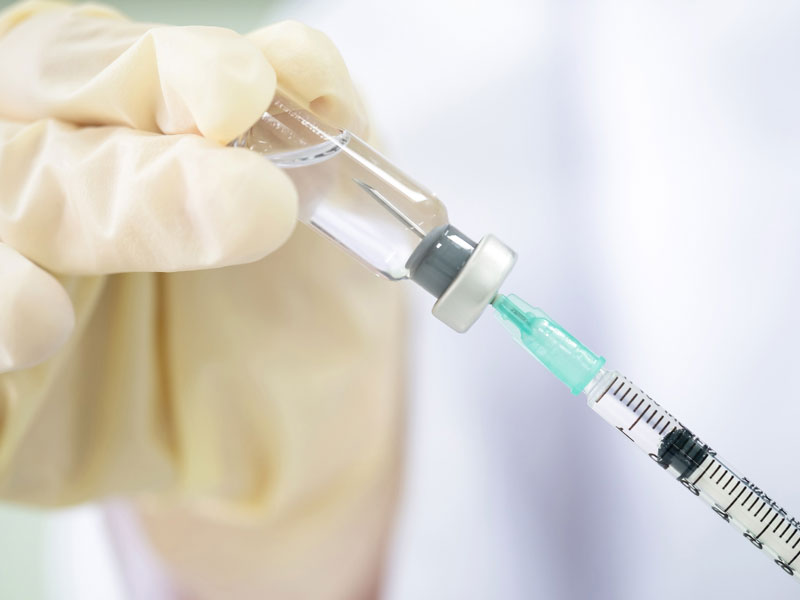AAFP Approves Vaccination Recommendations for RSV, Influenza
July 19, 2023, News Staff — The AAFP, following an expedited evidence review, has approved recent actions by the FDA and CDC that authorize the use of two vaccines to prevent severe complications of respiratory syncytial virus infection in older adults

Then-CDC Director Rochelle Walensky, M.D., M.P.H., endorsed the vaccines (Abrysvo, manufactured by Pfizer Inc., and Arexvy, manufactured by GSK plc) on June 29, shortly after the Advisory Committee on Immunization Practices recommended them for use in adults age 60 years and older. The FDA approved the vaccines in May.
Both vaccines are indicated for the prevention of lower respiratory tract disease caused by RSV. They are administered in a single dose and are expected to be available this fall.
Review Details
The Academy’s Commission on Health of the Public and Science recommended approval on July 12 after the expedited review, and AAFP Board Chair Sterling Ransone, M.D., FAAFP, accepted the recommendation the following day.
At the same time, the Academy approved the CDC’s vaccination recommendations for the 2023-2024 influenza season.
Although most people infected with RSV experience mild illness and recover in one or two weeks, some populations, such as older adults, are more likely to develop a severe infection leading to pneumonia or bronchiolitis. The CDC estimates that each year, 60,000 to 160,000 older adults are hospitalized and 6,000 to 10,000 die due to RSV infection. Adults with chronic heart or lung disease, and those with weakened immune systems, also have higher odds of severe RSV infection.
Antibody to Protect Infants, Young Children Gains Approval
In separate news, the FDA on July 17 approved the use of nirsevimab, a monoclonal antibody developed by Sanofi and AstraZeneca, to prevent lower respiratory tract disease caused by RSV infection in newborns and infants burn during or entering their first RSV season, and in children up to 24 months old who remain vulnerable to severe RSV disease through their second season.
The drug will be sold under the brand name Beyfortus and administered as a single intramuscular injection prior to or during RSV season.
The FDA said Beyfortus should be administered with caution to infants and children with clinically significant bleeding disorders, and should not be administered to infants and children with a history of serious hypersensitivity reactions to any of its active or inactive ingredients.
Although nirsevimab is expected to be available in the United States ahead of the 2023-2024 RSV season, it must first clear additional regulatory hurdles, starting with the CDC’s ACIP. The committee issued draft recommendations and clinical considerations for the use of nirsevimab in the pediatric setting in February and is expected to vote in October on a final recommendation, which would then go to the CDC’s director for endorsement.
The AAFP will review any decisions made by FDA and CDC in determining whether to formally approve nirsevimab’s use.
According to the CDC, between 58,000 and 80,000 children younger than 5 years are hospitalized because of RSV infection each year. Infants born prematurely, those younger than 6 months old and children with weakened immune systems are among those at greatest risk for severe illness from RSV infection.
Family physicians are encouraged to visit the Academy’s RSV Vaccine webpage for the latest information on vaccines for RSV and other infectious diseases.